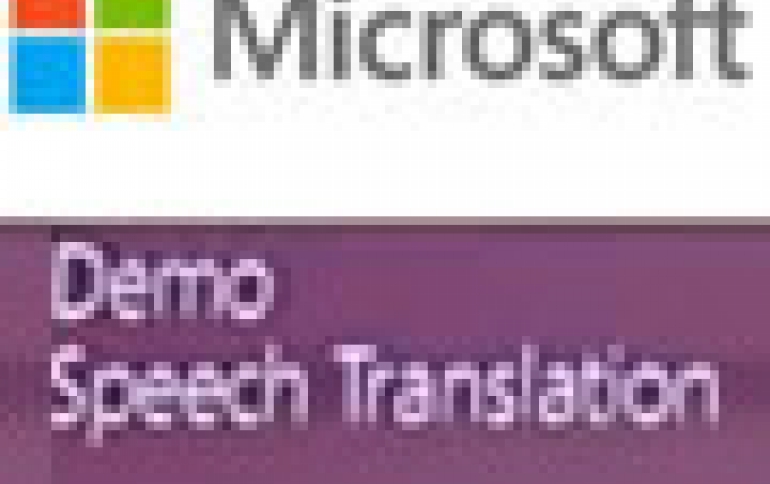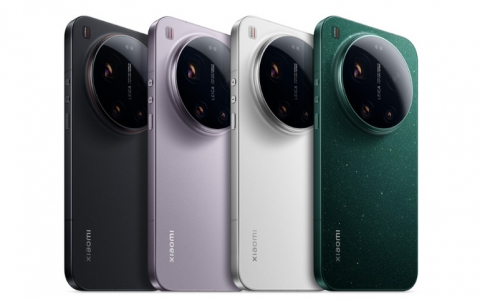
Microsoft Shows Instant English-Chinese Translation
Microsoft recently demostrated a new software that can translate spoken English into spoken Chinese almost instantly.
The demonstration was given by RickRashid, Microsoft?s Chief Research Officer, in Tianjin, China at Microsoft Research Asia?s 21st Century Computing event, in October 25.
Until recently, even the best speech systems still had word error rates of 20-25% on arbitrary speech.
Microsoft says that it has been able to reduce the word error rate for speech by over 30% compared to previous methods. This means that rather than having one word in 4 or 5 incorrect, now the error rate is one word in 7 or 8. While still far from perfect, this is the most dramatic change in accuracy and Microsoft promises that it will get even better results.
During the presentation, Mr Rashid showed how Microsoft takes the text that represents his speech and run it through translation- in that case, turning his English into Chinese in two steps. The first took his words and found the Chinese equivalents, and while non-trivial, that was the easy part. The second reordered the words to be appropriate for Chinese, an important step for correct translation between languages.
Most significantly, Microsoft's has attained an important goal by enabling an English speaker to present in Chinese in his or her own voice. It required a text to speech system that Microsoft researchers built using a few hours speech of a native Chinese speaker and properties of Rashid's own voice taken from about one hour of pre-recorded (English) data.
When Mr Rashid spoke in English, the system automatically combined all the underlying technologies to deliver a robust speech to speech experience - Rashid's own voice speaking Chinese. The speech is available in this Youtube video.
Mr. Rashid admitted that the results are still not perfect, and there is still much work to be done, but the technology is very promising.
"In other words, we may not have to wait until the 22nd century for a usable equivalent of Star Trek's universal translator, and we can also hope that as barriers to understanding language are removed, barriers to understanding each other might also be removed," Rashid said.
Until recently, even the best speech systems still had word error rates of 20-25% on arbitrary speech.
Microsoft says that it has been able to reduce the word error rate for speech by over 30% compared to previous methods. This means that rather than having one word in 4 or 5 incorrect, now the error rate is one word in 7 or 8. While still far from perfect, this is the most dramatic change in accuracy and Microsoft promises that it will get even better results.
During the presentation, Mr Rashid showed how Microsoft takes the text that represents his speech and run it through translation- in that case, turning his English into Chinese in two steps. The first took his words and found the Chinese equivalents, and while non-trivial, that was the easy part. The second reordered the words to be appropriate for Chinese, an important step for correct translation between languages.
Most significantly, Microsoft's has attained an important goal by enabling an English speaker to present in Chinese in his or her own voice. It required a text to speech system that Microsoft researchers built using a few hours speech of a native Chinese speaker and properties of Rashid's own voice taken from about one hour of pre-recorded (English) data.
When Mr Rashid spoke in English, the system automatically combined all the underlying technologies to deliver a robust speech to speech experience - Rashid's own voice speaking Chinese. The speech is available in this Youtube video.
Mr. Rashid admitted that the results are still not perfect, and there is still much work to be done, but the technology is very promising.
"In other words, we may not have to wait until the 22nd century for a usable equivalent of Star Trek's universal translator, and we can also hope that as barriers to understanding language are removed, barriers to understanding each other might also be removed," Rashid said.





















